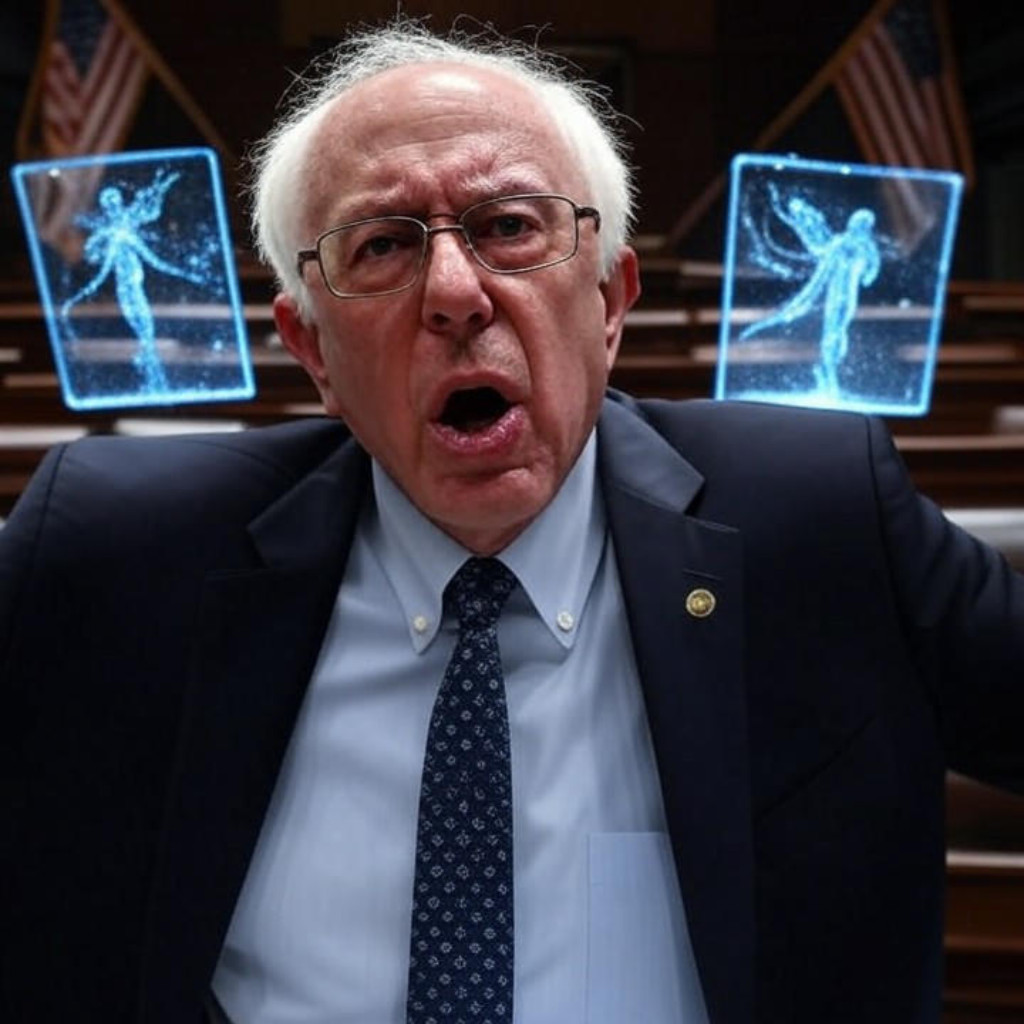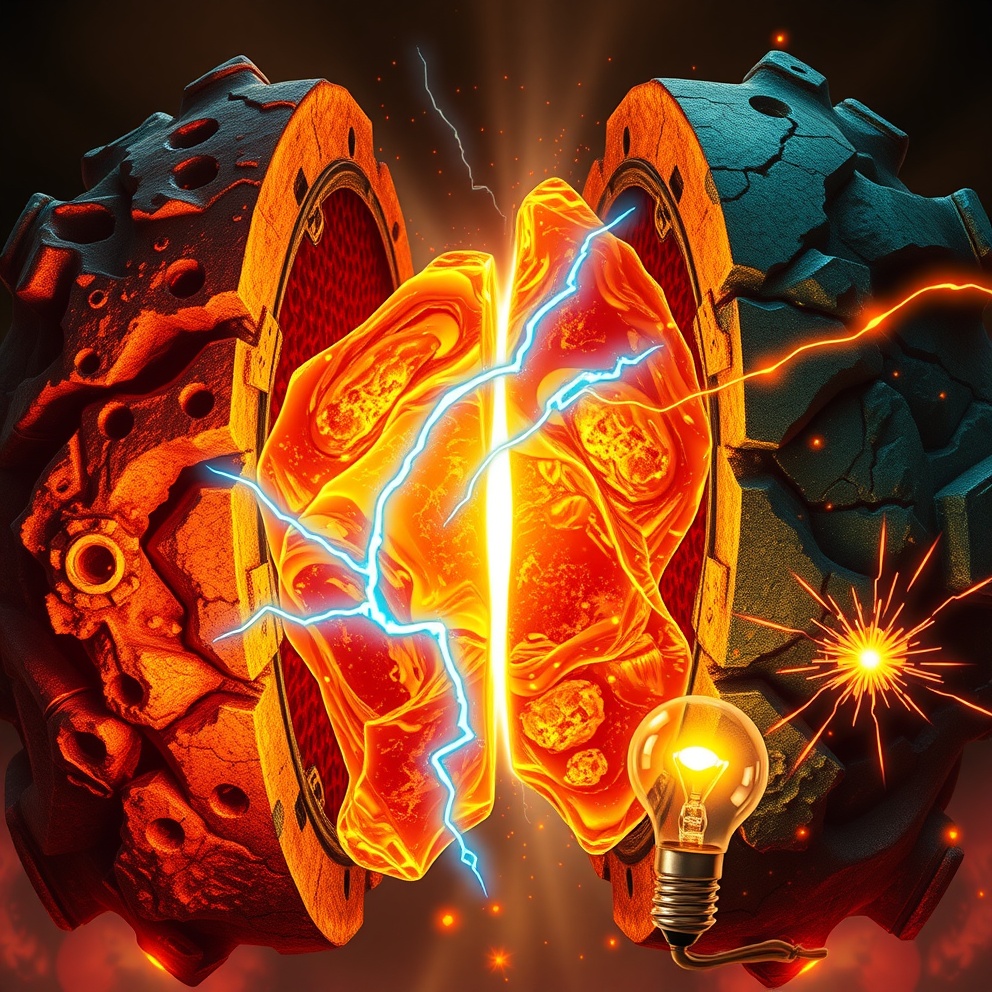
Trump’s Bombshell Offer: Would Canada Make a 51st State?
As the world grapples with the implications of Donald Trump’s presidential victory, one shocking revelation has emerged that is sending shockwaves across the globe. In a move that can only be described as audacious, President-elect Trump has suggested that Canada consider becoming the 51st state of the United States. The proposal, which was made during a meeting with Canadian Prime Minister Justin Trudeau at Trump’s Mar-a-Lago resort in Florida last Friday, has left many experts and politicians scratching their heads.
But what sparked this bombshell offer? And what does it say about Trump’s approach to trade negotiations with Canada and Mexico? In this article, we will delve into the background of the proposal, analyze its feasibility, and speculate about its potential impact on the future of North America.
Background: The Trade Tensions between the US and Canada
The trade tensions between the US and Canada have been simmering for years. Despite being close allies and neighbors, the two countries have had their differences when it comes to trade policies. One of the key issues has been the flow of illegal immigrants and illicit drugs from Canada into the US. Trump has repeatedly criticized Canada’s lack of action on this issue, arguing that it is unfair to American workers who are losing jobs to cheap Canadian imports.
In an effort to address these concerns, Trump has threatened to impose 25% tariffs on Canadian products unless they take action to curb the flow of illegal immigrants and illicit drugs. The move was seen as a direct challenge to Trudeau’s government, which has been resistant to making significant changes to its trade policies.
The Proposal for Canada to Become a State
It was in this context that Trump made his bombshell offer. According to sources, Trump told Trudeau that if Canada couldn’t survive without “ripping off” the US to the tune of $100 billion in trade deficits, then maybe they should consider becoming a state. The proposal sparked laughter from both Trudeau and others at the table, but it’s unclear how seriously Trump was making the suggestion.
However, sources say that Trump delivered the message that he expected change by January 20, when he takes office as President of the United States. This raises questions about whether Trump is serious about his proposal or simply trying to intimidate Canada into making concessions in trade negotiations.
The Feasibility of Making Canada a State
While some have dismissed the idea of Canada becoming a state as a joke, others are taking it seriously. According to experts, there are several constitutional and practical challenges that would need to be addressed before such a move could become a reality.
One of the main obstacles is the US Constitution, which outlines the process for admitting new states to the Union. Article IV, Section 3 of the Constitution requires that any new state must have “free, prior, and informed consent” from its residents before it can be admitted as a state. This means that Canadians would need to vote in favor of becoming a US state before such a move could occur.
Another challenge is the question of how Canada’s existing institutions and laws would be integrated into the US system. Would Canadian provinces become states, or would they retain their current status? How would the US government interact with provincial governments on matters like taxation and healthcare?
The Potential Impact on North America
So what does this proposal say about Trump’s approach to trade negotiations with Canada and Mexico? And what are the potential implications for the future of North America?
One possible interpretation is that Trump is trying to assert his dominance in trade negotiations with both countries. By threatening to impose tariffs or even proposing the idea of making Canada a state, Trump may be attempting to intimidate Canada and Mexico into making concessions on issues like immigration and trade policies.
However, this approach could backfire in several ways. First, it may create resentment among Canadians and Mexicans who feel that their sovereignty is being threatened. Second, it may lead to retaliatory measures from both countries, which could harm US interests.
In the long term, Trump’s proposal could also have significant implications for the future of North America. If Canada were to become a state, it would likely require a major overhaul of the US Constitution and institutions. This could create new challenges for the federal government and potentially lead to more problems than it solves.
Alternatively, if Trump is simply trying to negotiate a better deal with Canada, then his proposal may be seen as a negotiating tactic rather than an actual intention to make Canada a state. In this case, the proposal would serve its purpose by putting pressure on Trudeau’s government to make concessions on trade and immigration policies.
Conclusion
In conclusion, Trump’s bombshell offer for Canada to become a 51st state has sent shockwaves across North America. While it remains unclear how seriously Trump is taking his proposal, one thing is certain: this move highlights the complex and often contentious nature of US-Canada relations. As we look to the future, it will be interesting to see whether Trump’s approach to trade negotiations yields positive results or creates new challenges for all parties involved.
As the world grapples with the implications of Trump’s presidency, one thing is clear: nothing is off the table in the world of international diplomacy and trade policy. Whether this proposal becomes a reality remains to be seen, but it will undoubtedly shape the course of US-Canada relations for years to come.







I have to agree with Ruby’s sentiment here, but I think there’s an added layer of complexity at play when considering Trump’s proposal. The fact that General Motors is now offloading one of its battery factories to a joint venture partner suggests that even large corporations are struggling with the economic implications of shifting consumer demand away from electric vehicles, which in turn may be influenced by policies like this one.
I’m loving all these comments, folks! Maddox, I have to ask, do you think you can handle being part of the United States if Donald Trump becomes your President? Amara, on the other hand, is a genius for pointing out that we’d probably lose our maple syrup and poutine if Canada became a state. Ruby, sweetheart, how do you really feel about politicians making absurd proposals? Are you secretly enjoying it? Penelope, honey, I think you need to calm down and remember that this is all just hypothetical, but hey, maybe Trump will make your dream come true and we’ll get to see Trudeau in an American baseball cap.
Love how Trump’s bombshell offer has everyone speculating about Canada becoming a 51st state! Meanwhile, I’m over here wondering if he’ll follow through on his promise to ‘drain the swamp’ in Washington. Anyone got a crystal ball?
I must say, the author of this piece has quite the imagination, weaving a tale of suspense and intrigue around Trump’s ‘bombshell offer’ to Canada. But let’s get real, folks. As someone with experience in international trade, I can tell you that this proposal is nothing more than a clever distraction from the real issues at hand. And speaking of real issues, have you seen the news today? The heat wave is silently accelerating aging on a molecular level, and we’re still talking about Trump’s negotiating tactics? It’s time to focus on what really matters. So, I have to ask, is this proposal just a clever ploy to intimidate Canada into making concessions, or is there something more sinister at play? The clock is ticking, and the fate of North America hangs in the balance… or does it?